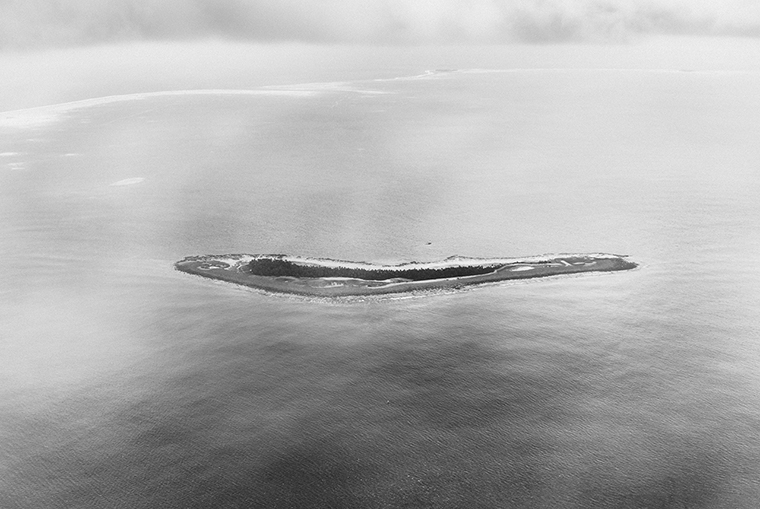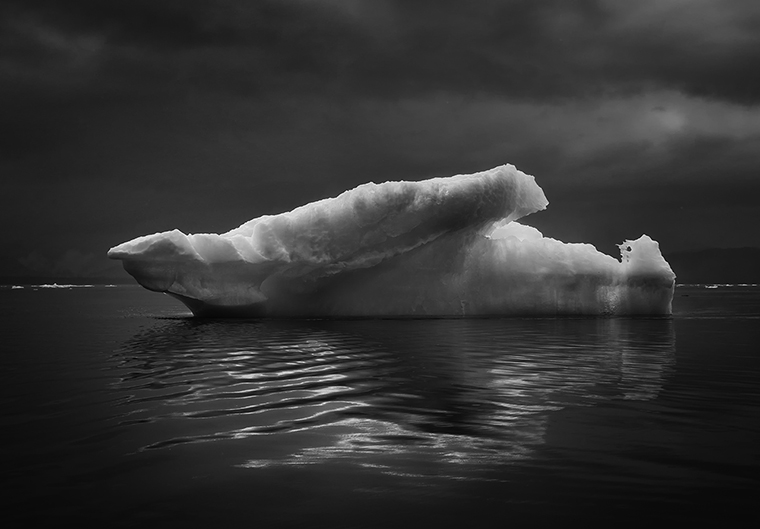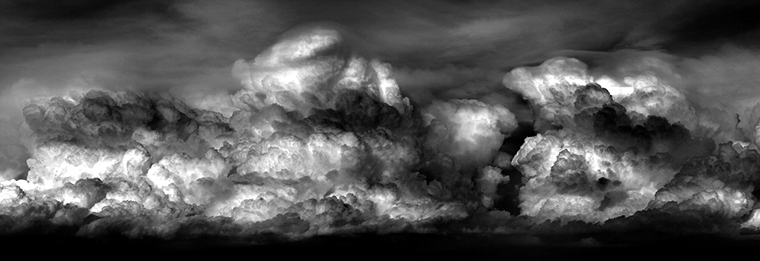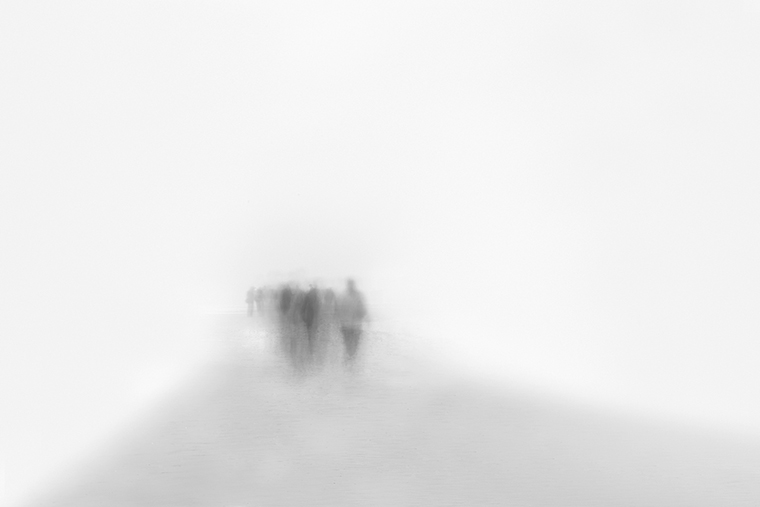Understanding Our Place in the Ecosystem
Selections from the Archives
June 14, 2023Dash Lewis’s June interview with Rebecca Priestley on finding hope amid the climate crisis felt timely even before New York and the U.S. East Coast roiled in wildfire smoke from Canada.
This month’s archive selections offer more perspectives on how people think of their place within Earth’s ecosystems. The vivid descriptions in Synne Borgen’s “Observations on Ice” this month led us to pieces about the Arctic landscape in particular.
Take care and read well,
Your friends at The Sun
Wild Heart
I’ve never gone to the Arctic and been welcomed with open arms. The locals are wary of foreigners in general, and especially wary of those who arrive to attempt something strange. And let’s face it, I’m usually up there attempting hands-on communication with whales — but not for a film or a research project. Though I may film the encounter, what I’m really seeking is what Terence McKenna calls “a seamless archaic union with nature — a sense of integration sometimes best left unmediated by images, unarbitrated by language, sometimes unknowable through acculturated notions of self and other.” Whatever it is, neither the image nor the intent fits the reasons why most foreigners seek access to wildlife.
September 1993In the Presence of Rock and Sky
I am not one of those catastrophe tourists who make it a point to visit endangered ecosystems before human forces finally drive them to extinction. But when I learned that Lexington, due in part to its reliance on coal, is making a heavy per-person contribution to the melting of Norway’s glaciers, I decided it was finally time to bring the genealogical line full circle and travel to the land of Red Erik.
April 2010
One of Tuvalu’s outer islands, as seen from the airplane that lands at the capital twice a week.
Tuvalu
Tuvalu is in danger of disappearing due to sea-level rise. The ocean around it is rising about one inch every five years, twice the global average. It’s estimated that an eight- to sixteen-inch increase will be enough to make the country uninhabitable. Decreasing rainfall, also due to climate change, has devastated agriculture on the islands. But Tuvalu’s government insists the people there do not want to be seen as victims; they are determined to fight for their survival. Tuvalu has set itself a goal of zero carbon emissions by 2025 and has been active in United Nations climate-change negotiations, calling global inaction on the issue “an infringement of our fundamental rights to nationality and statehood.”
— Ed.
December 2020Mer de Glace
Under ice
we breathe in shrunken sentences,
locked in
by the firn dome overhead
moving through our white sleep
like a clock’s hour hand.


